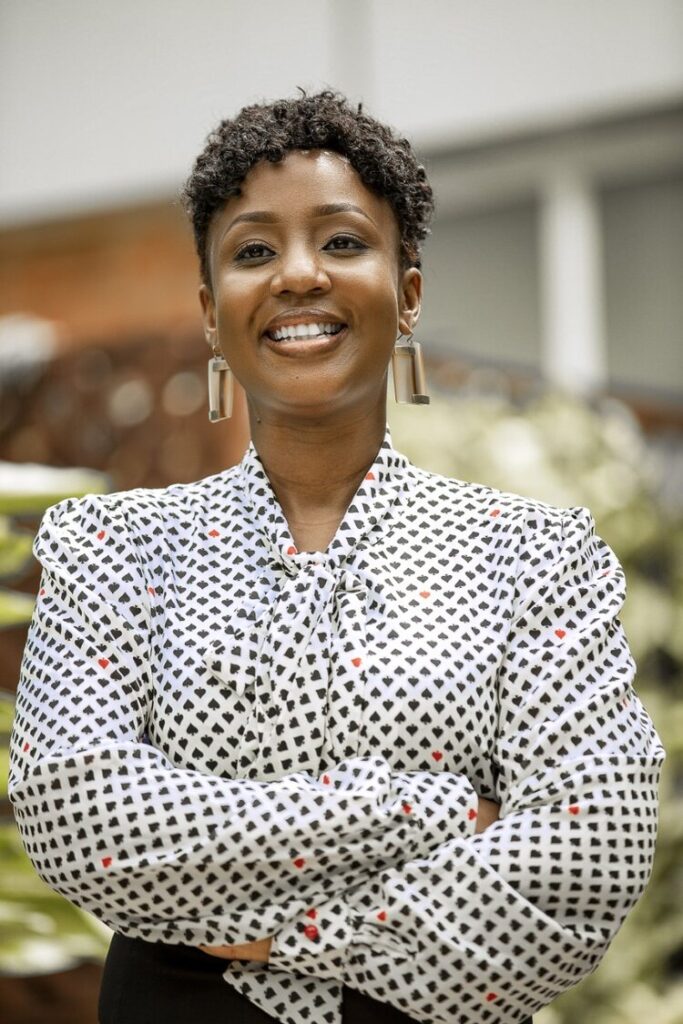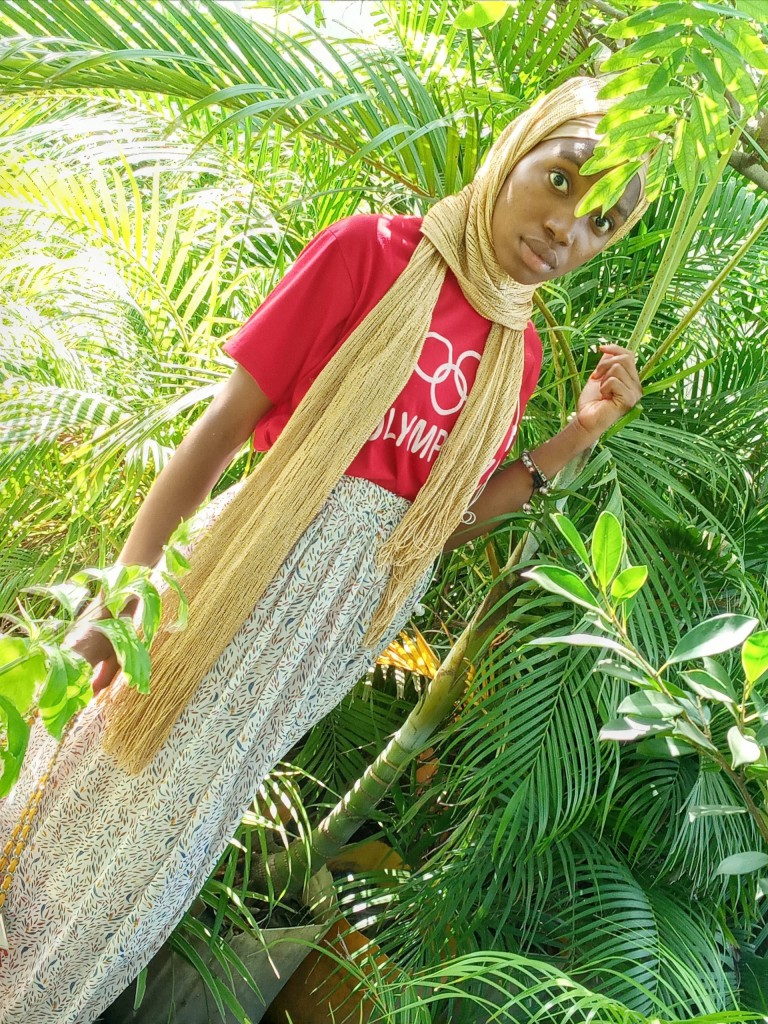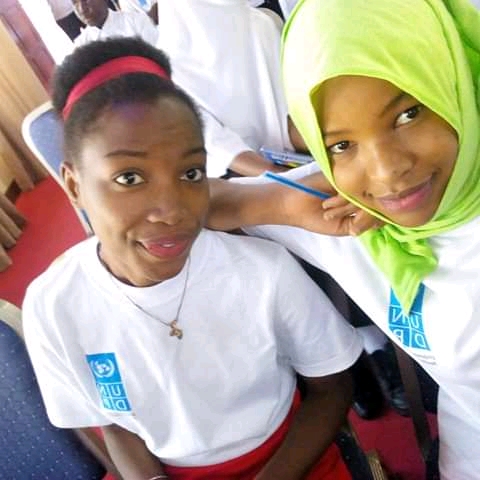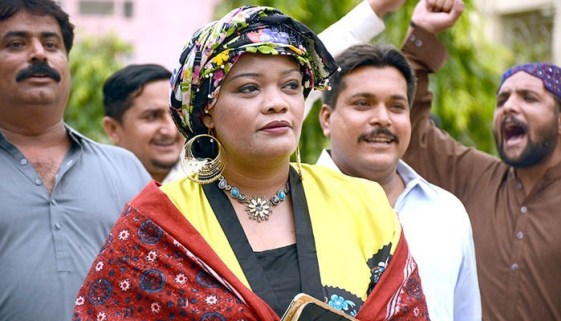For the African continent to experience lasting positive socio-economic change, two things need to happen:
First, it the gender gap between male and female leaders must be closed.
Next, women leaders in various sectors in Africa need to work on promoting their visibility.
Everyone has a role to play in order to make this happen and this is why Naike Moshi, Tanzanian founder of Women in Management is playing her part in promoting women visibility through her work in business management and human resources.
Naike Moshi is the founder of Women in Management Africa, an initiative that closes the gender gap that promotes visibility for Women Leaders by honouring and recognizing them for their achievements.
Naike is a strategic, innovative leader with a proven track record of building and creating successful business products and services and with a strong academic background, creative problem-solving skills, and an innovative mind. She has more than 10 years’ experience in the area of business management and human resources. Her expertise includes building businesses from the ground up, women and youths’ empowerment, coming up with innovative ideas, executive search and employer branding.
Don’t be scared to start, Nothing will ever happen until you start and put action on your dreams. Even if you fail, know that at least you dared greatly and take lessons from it. Be patient, persevere….
Her initiative, Women in Management is one that closes the gender gap by honouring and recognizing women leaders for their career achievements. They also provide mentorship, encouragement and develop emerging talented female professionals to be inspired in their careers and to be role models to them. They empower women by organizing education and training workshops that are designed by women for women and to help them address gender disparity issues in their work environments.

Naike was inspired to launch the Women in Management initiative when she found out through research that in order to apply for a job women feel they need to meet 100% of the criteria while men usually apply after meeting about 60%. She saw a huge gap in senior level women applying for senior level roles and even low placement rates for Senior Women. And to combat this disparity, she founded the initiative known as Women in Management to promote and increase visibility for Senior-Level Women in Management.
Naike Moshi describes her initiative as successful and in her own words, “The impact of this initiative has been tremendous. Most women leaders in the corporate spaces have been forgotten and are never recognized for their career achievements. I have seen many young female leaders being inspired to follow certain careers and they have found quality role models to look at. We are touching lives.”
Naike Moshi is proud of how far her initiative has come. Women in Management initiative is one of the SDGs that captures gender equality. It’s a universal problem that affects many nations and with their expertise in Talent Management/Acquisition, they were able to tap into their network and acquire very strong female leaders. The service and this initiative are very scalable and they have great plans to go to other African countries.









